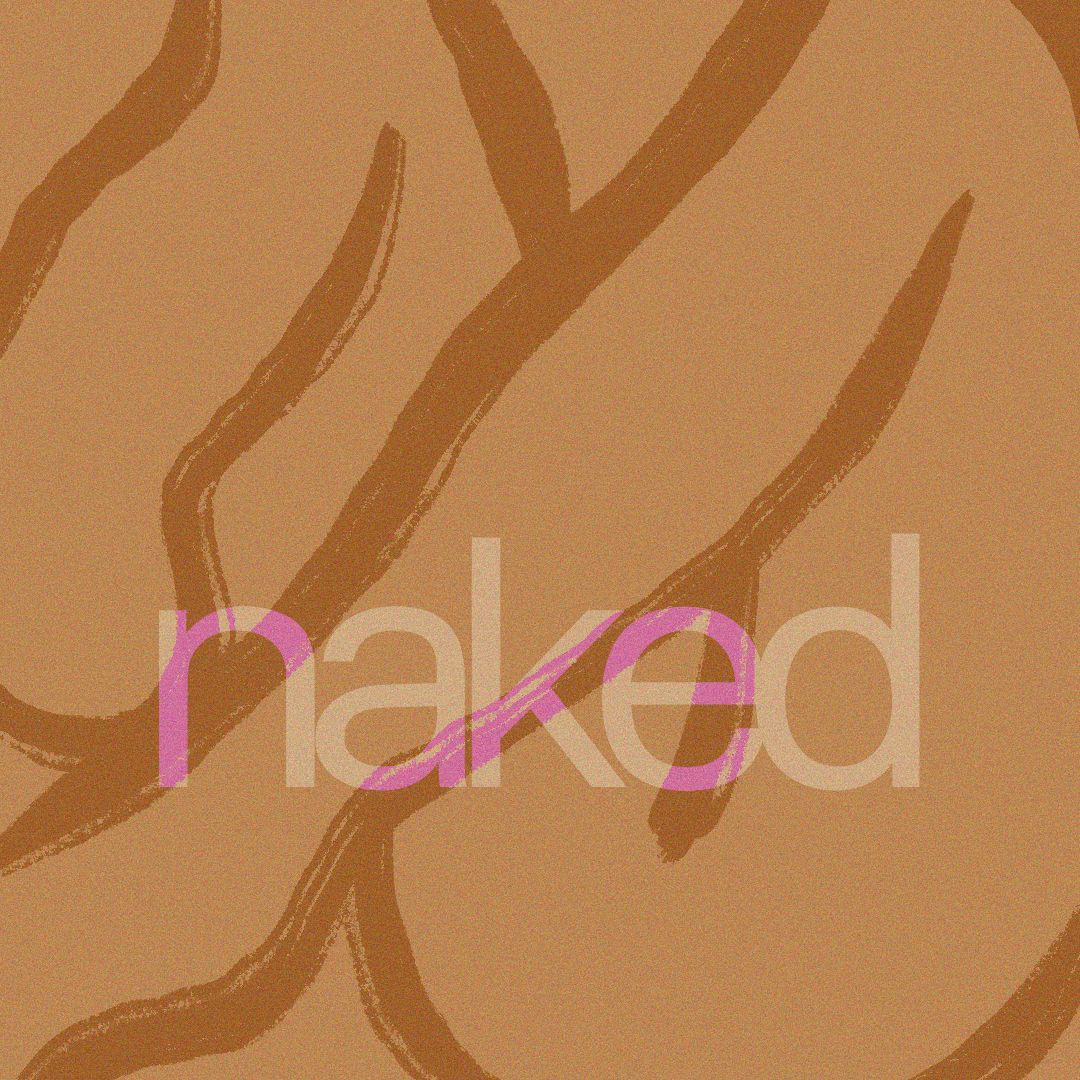Words: Elohor Efakpokire (She/Her)
Ever heard the phrase ‘I’ve gotten the ick’? Four words that encapsulate a sudden inexplicable urge to pull away, or a physical recoil at the mere presence of a romantic prospect. Often triggered by a seemingly trivial, arbitrary act like running with a backpack, the squeaky sound of walking with flip-flops, or the embarrassment of watching them chase a pesky ping pong ball that slips away, “icks” eliminate all romantic desire you once felt towards someone. Dating expert, Hayley Quinn, describes “the ick” as a ‘term that means you get a sudden cringe feeling when you have romantic contact with someone and become almost immediately put off by them’. “The ick” is used across gender spectrums, however I’ve mostly heard discussions of “icks” amongst women in regard to relationships with men. It provides an avenue to describe ‘feeling icky’ without having to expand further. It encapsulates feelings of disgust, embarrassment, loathing, or perhaps a toxic blend of all three and despite being no more than a syllable, “icks” hold the potential to bring courtships crashing down.
Although it is possible to get “the ick” in established relationships, I would argue that in this case that feeling is a symptom of deeper dissatisfaction. It may be an act you find “cringe” and “icky” that you’re able to look past, or it may be the straw that breaks the camel’s back; an indicator that the relationship has reached its date of expiry. However, I want to focus on the initial stages of dating: the “icks” that act as a shield against the sparks of romance.
One example I saw was ‘men who sat on tall bar stools, their legs dangling freely over the stool’, another: ‘trying the ice cream testers and struggling to figure out where to put the little spoons’. Oddly specific and mostly ridiculous, it feels like the list of what is considered cringe and shameful is ever-expanding, so much so that ‘sitting with your laptop on your lap’, ‘being excited’, or my new personal favourite, ‘standing naked in the shower, waiting for the hot water to come on’ are all considered “icks”. Any of these sound familiar? They may seem utterly absurd, but they have the power to elicit deeply visceral reactions. Shame is inescapable and the prospect of it produces great anxiety. Which leads me to my next question: Where do “icks” stem from?
In navigating the delicate dance of early romance, the question of avoiding embarrassment and cringe-worthiness becomes a driving force in shaping behaviours. In the early stages of the social game we call “dating”, the tacit rule of the need to maintain appearances combines with an inherent desire to want to uphold an air of mystery, to present oneself as flawless. We’re drawn to the allure of mystery and a fabricated “coolness” in romantic partners. After all, first impressions count. We fear and detest “cringe-worthiness” both in ourselves and in others, and so we adjust. Eventually, the rose-tinted glasses come off, and the “ick” comes a-knocking.
Could this superficial concept just mean someone isn’t quite right for you? Or does it expose a deeper hesitancy to form connections with people? It depends. In some cases, it can simply be an indication that you don’t like someone. However, depending on the “ick”, it may suggest a fear of intimacy. Elizabeth Cohen discusses that “icks” that derive from compassionate actions, such as someone being nice to you or showing up for you in a healthy manner may be indicative of attachment issues. A mistrust of kindness. She argues that to find these gestures “icky” is a form of protection: a defence against negative experiences you may have felt, where those needs weren’t met.
This may seem a drastic response, especially when caused by something trivial like the way in which they order a drink or watching them struggle to carry out a menial task. But must we blame the actions for being “icky”, or ourselves for being picky? Modern dating provides a myriad of romantic options. In one swipe to the left, you can eliminate hundreds of potential partners without a second thought. Online dating has allowed us to access all of the fish in the sea, so we can afford, and rightly so, to have higher standards. But it also means we can be unreasonably choosy about the smallest things regarding potential interests. We give up on people in the blink of an eye.
While “the ick” is a very real but unique phenomenon, the triggers vary from person to person. We fawn over the glossy, superficial aspects of love, but reject the messy and awkward bits. “Icks” are multifaceted: offering a lens into the evolving dynamics of contemporary relationships. We must remember that they tell us more about ourselves than they do about the unwitting transmitters. As you go along conjuring up new “icks” and reminiscing over the old ones, have a think about what they may say about you as a person. You might uncover something new.
https://www.shape.com/lifestyle/sex-and-love/what-is-the-ick
https://www.cosmopolitan.com/uk/love-sex/relationships/a30699470/the-ick/

